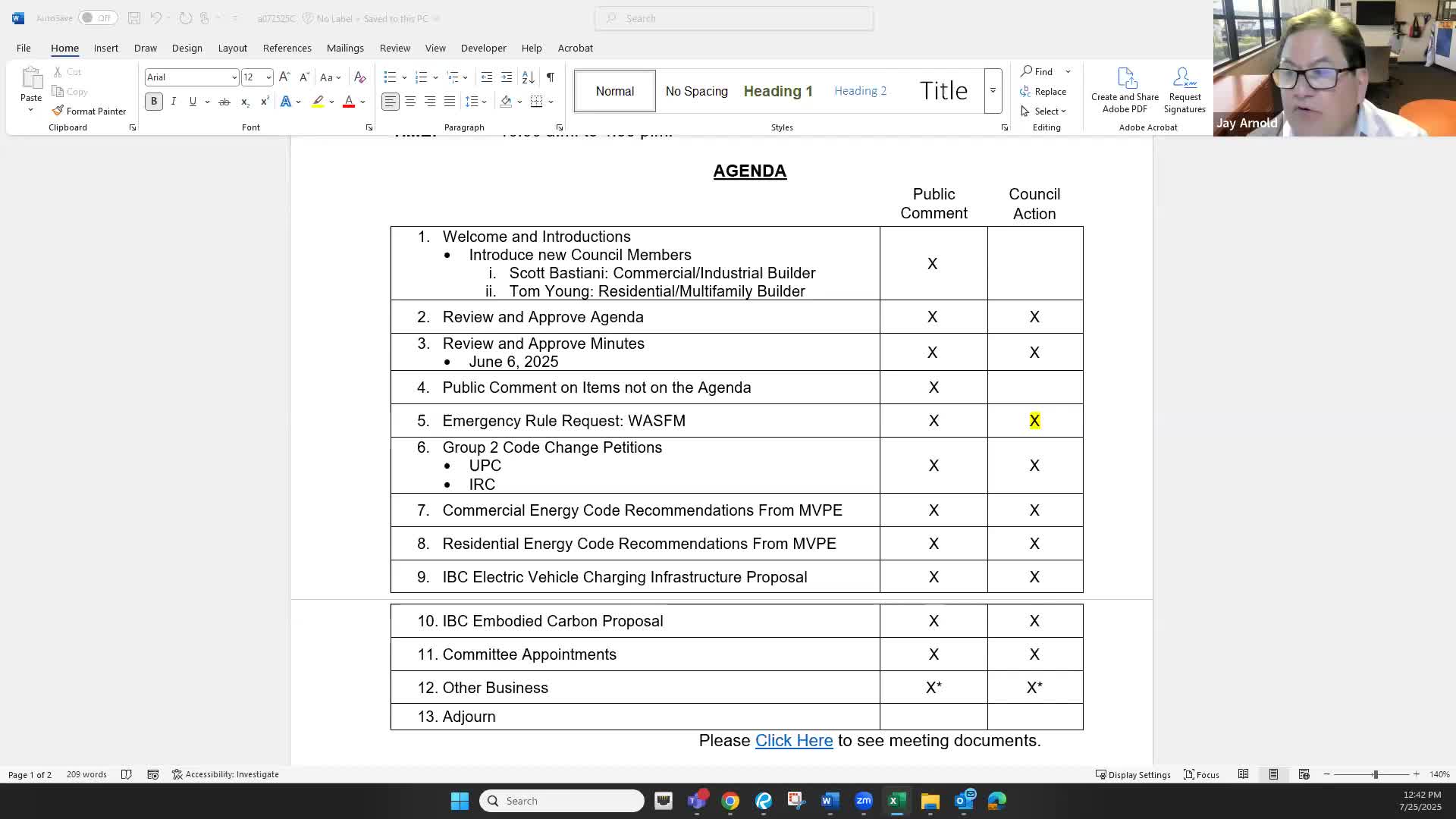Article not found
This article is no longer available. But don't worry—we've gathered other articles that discuss the same topic.
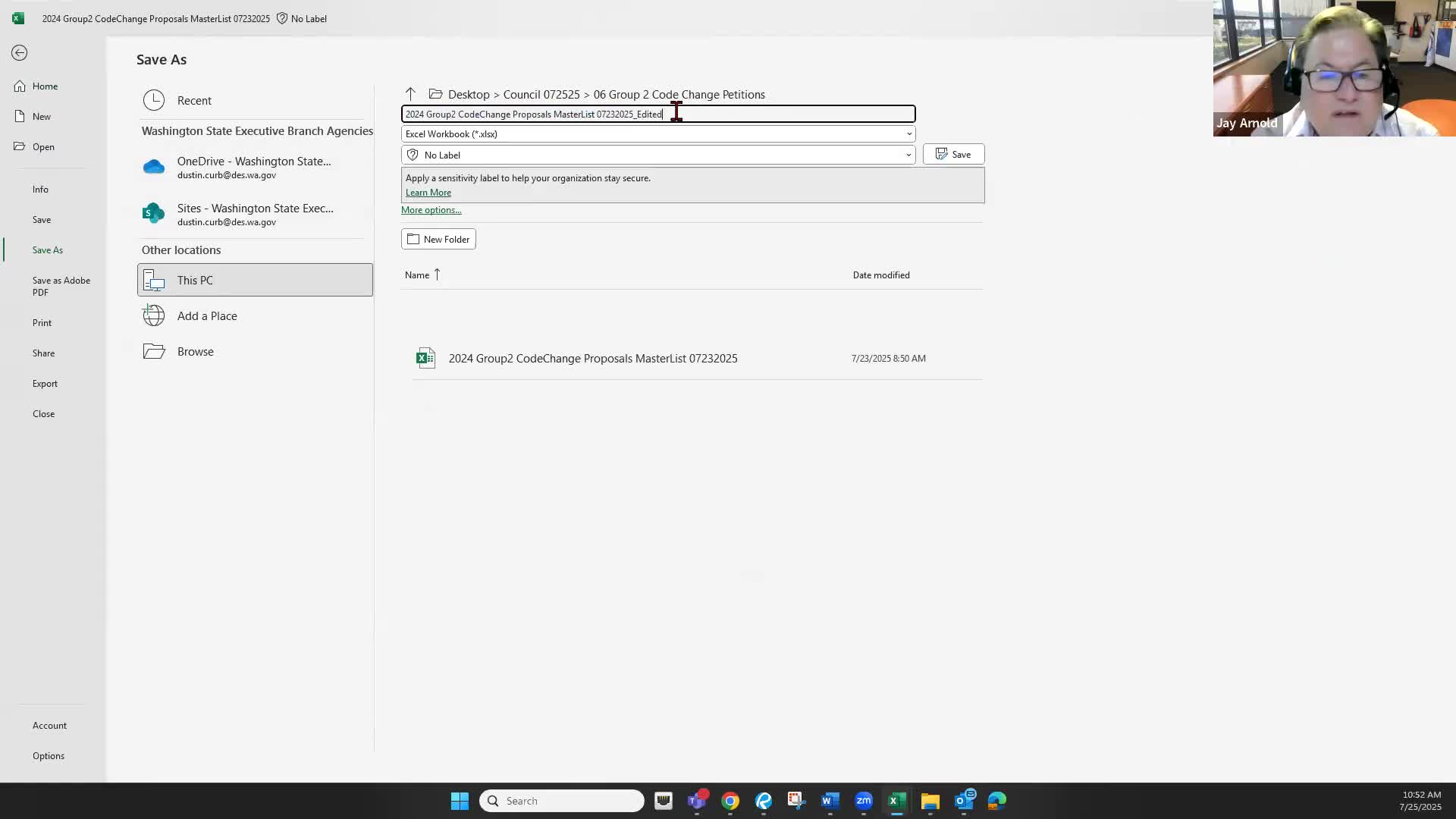
Commercial energy code package sent for public comment after MVPE review
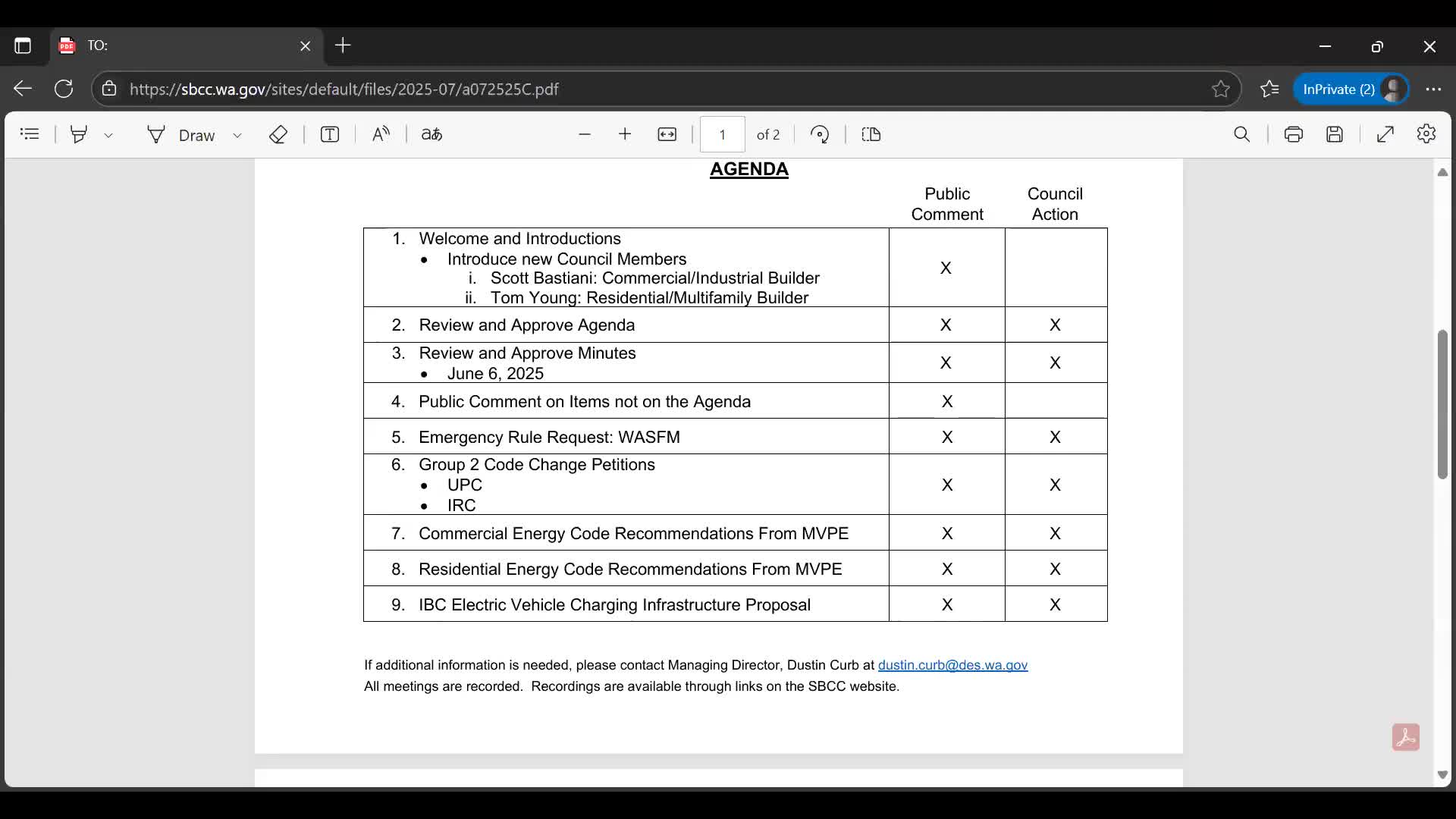
State building code council asks standing committee to study fire marshals' emergency rule request on building separation
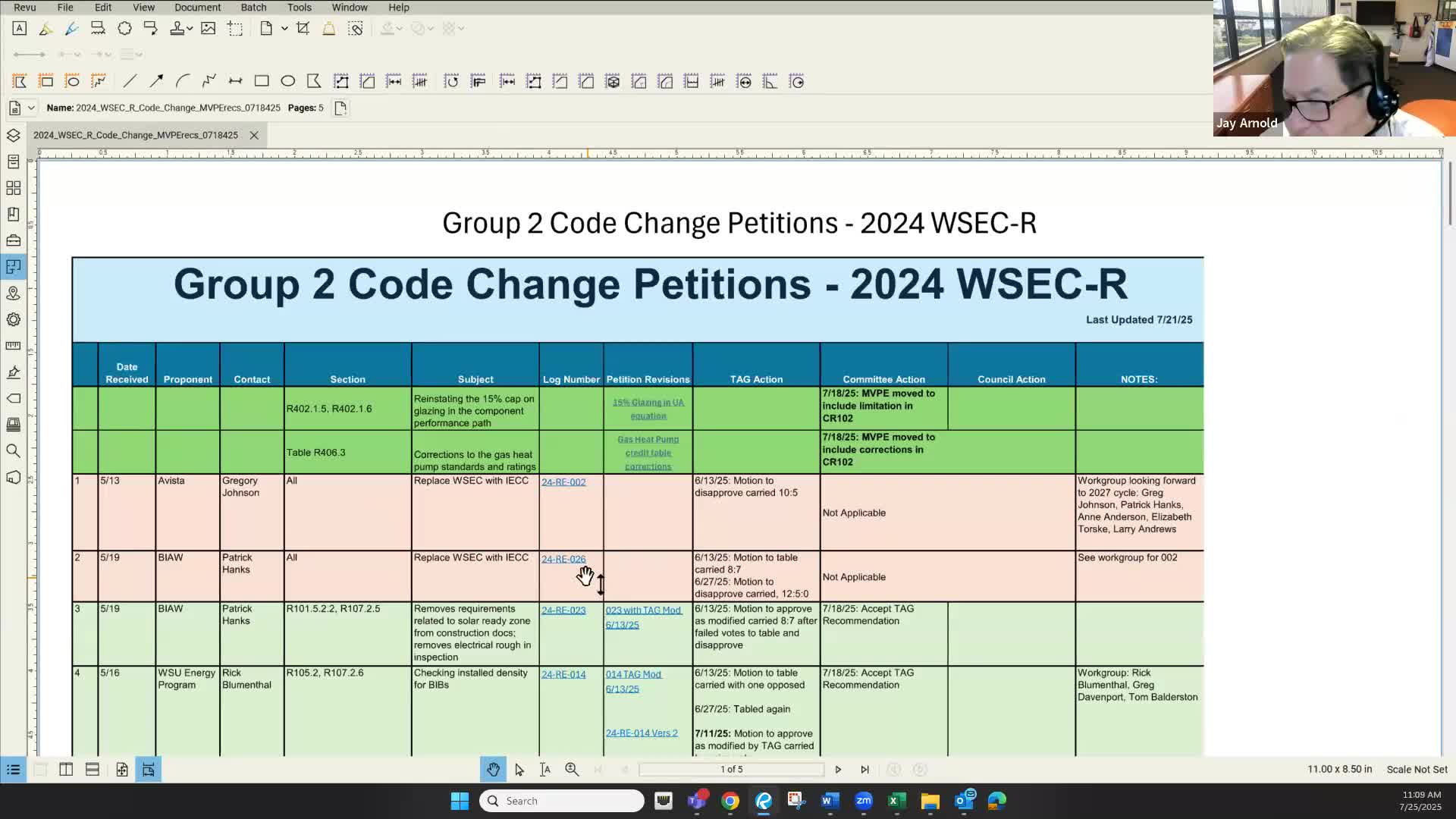
Residential energy code proposals cleared for public comment after tag and MVPE review
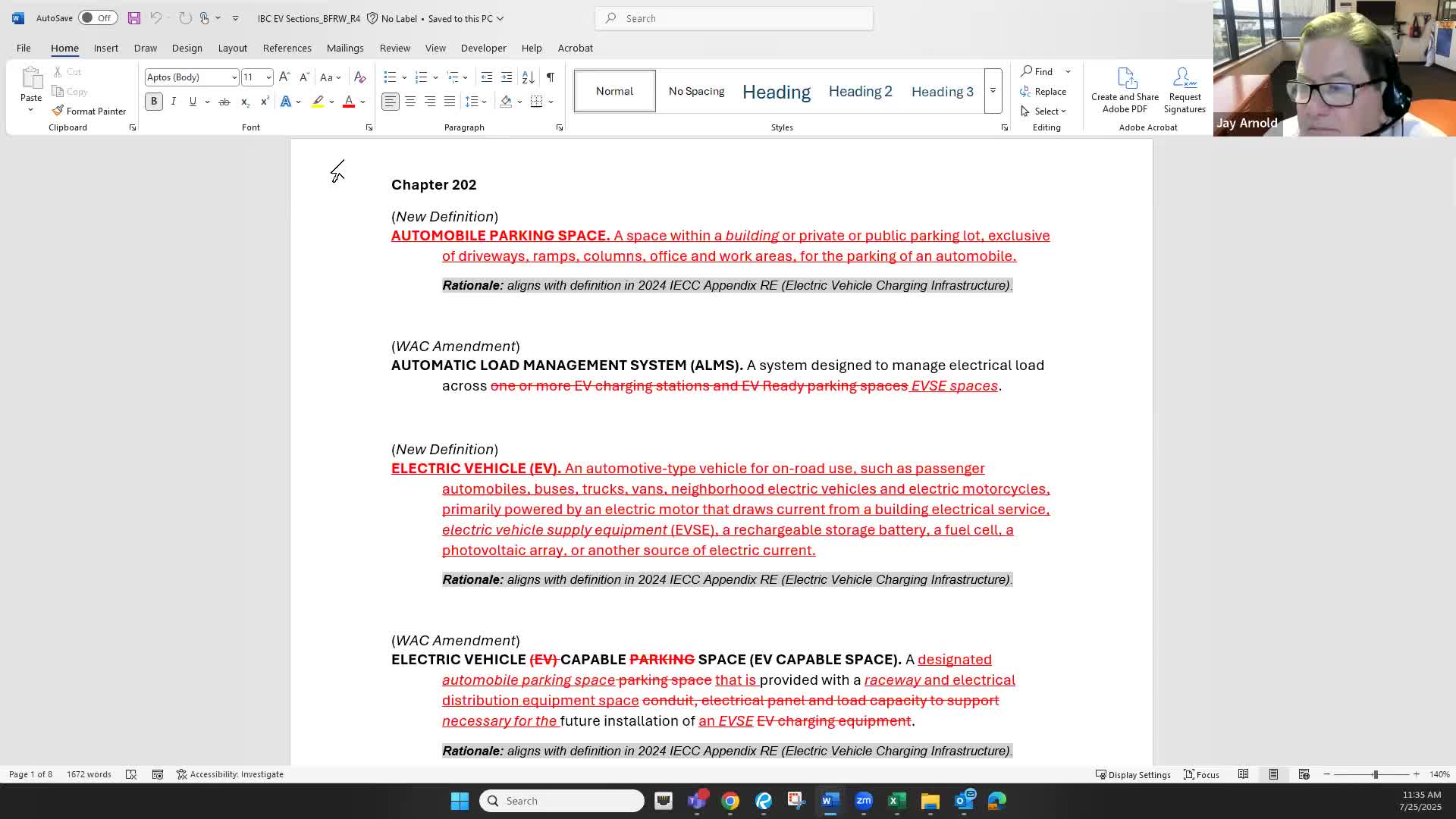
Council approves BFRW’s EV‑charging table changes for public comment amid debate over readiness and grid capacity
